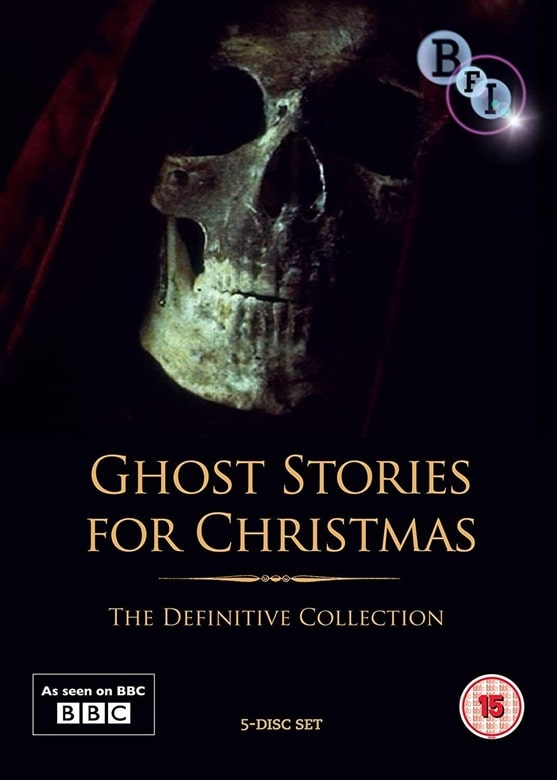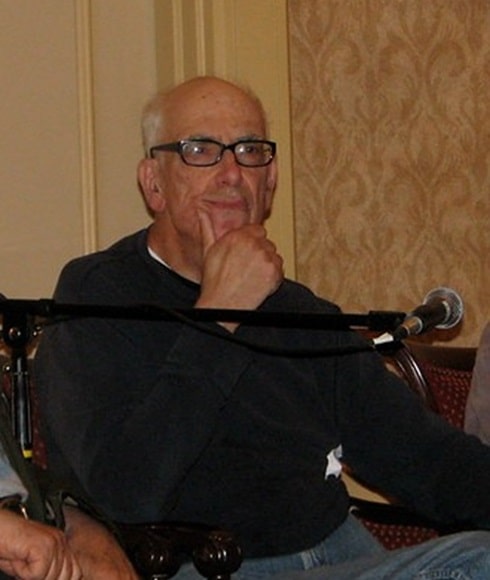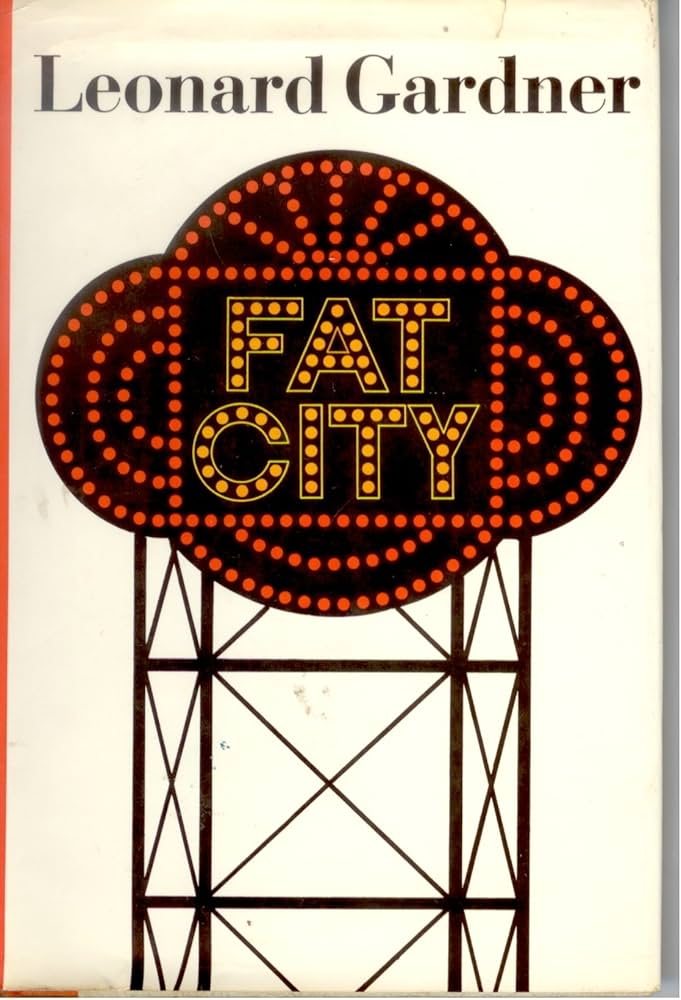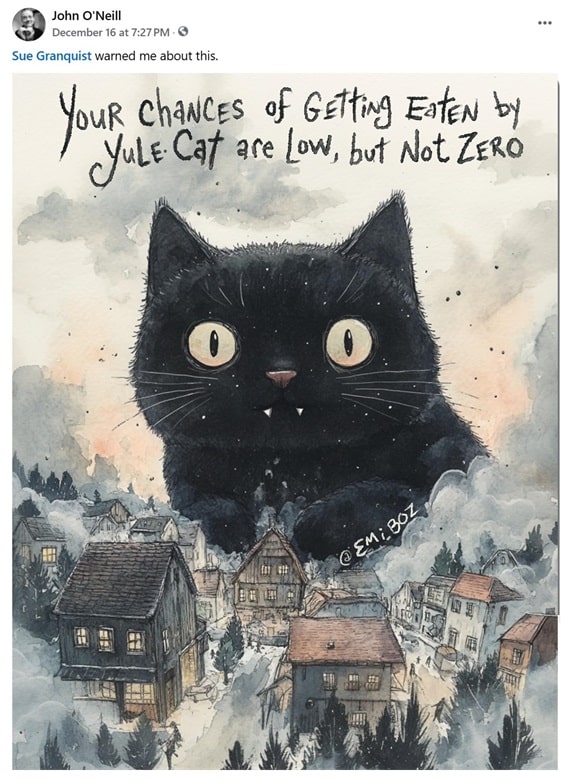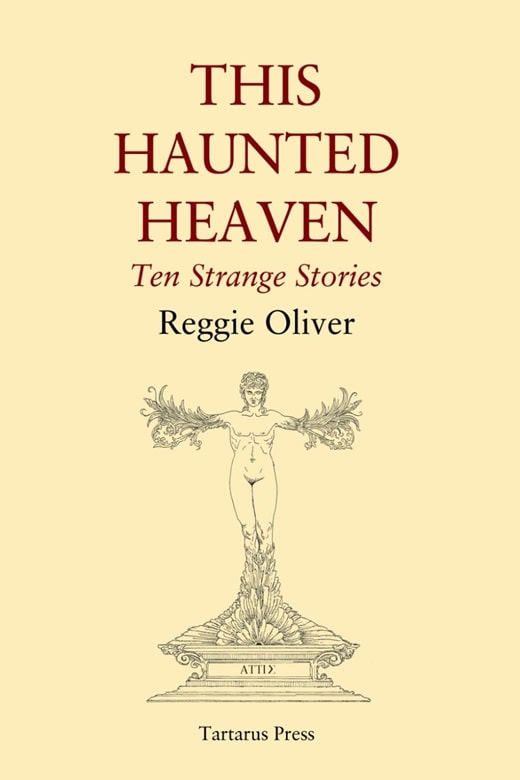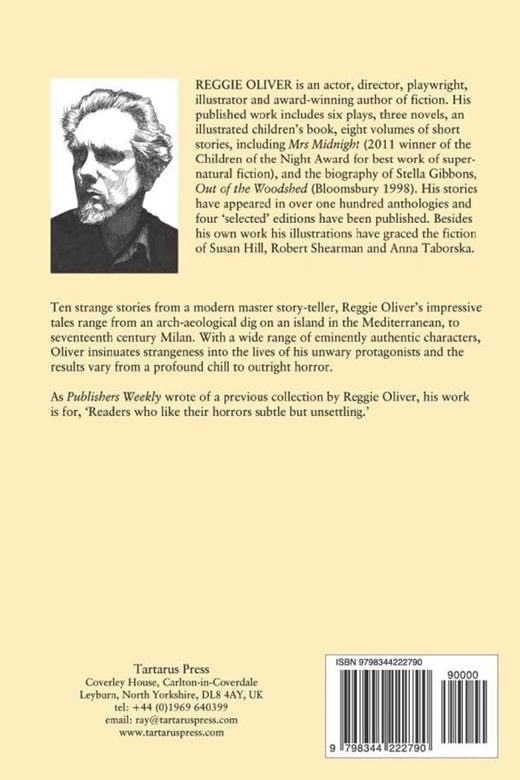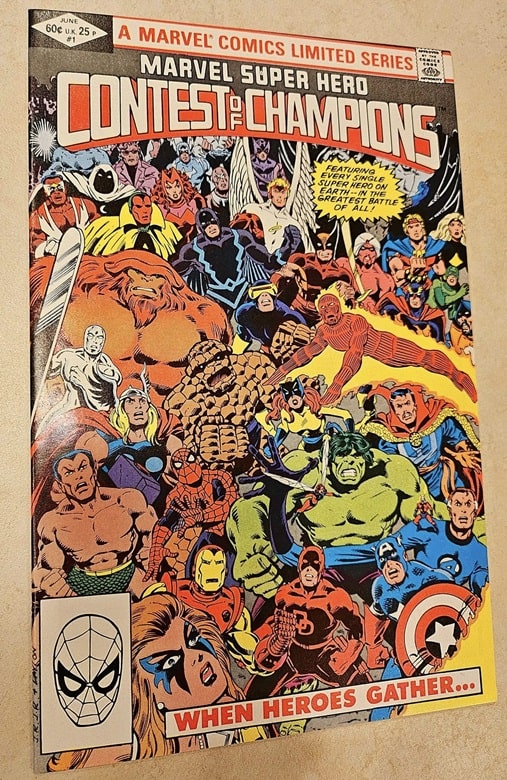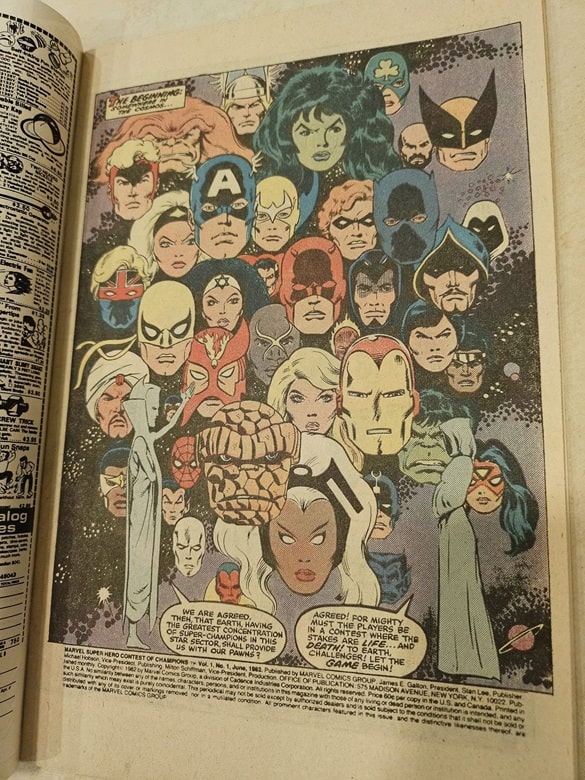Merry Christmas from Black Gate
This has been a milestone year for our little website. In 1999 my friend Wayne MacLaurin helped me register the blackgate.com domain, and we launched the site to support our ambitious fantasy magazine. This year we quietly celebrated a quarter-century of continuous operation and quality fantasy coverage, and in the process added several talented newcomers to our small staff of regular bloggers, including Neil Baker, Jeffrey Talanian, Charles Gramlich, William H. Stoddard, and Ian McDowell. We also welcomed back David Soyka, one of our founding bloggers, after a long sabbatical.
Over the past 25 years the site has evolved significantly, and when the print magazine died in 2011 it became our sole focus. Five years later George R.R. Martin presented us with an Alfie Award, and that same year we won a World Fantasy Award, a pair of singular honors I still find a little hard to believe.
Over the long years our focus has changed dramatically. In the early years it was all about growing the site and increasing traffic, and we achieved success I never dreamed of, peaking at over 2 million page views/month. But in the last fifteen years I’ve come to understand that the true rewards of a site like this aren’t in ever-increasing site metrics. They’re in the people I’ve met along the way, and the countless way my own love of the genre has deepened and expanded.

